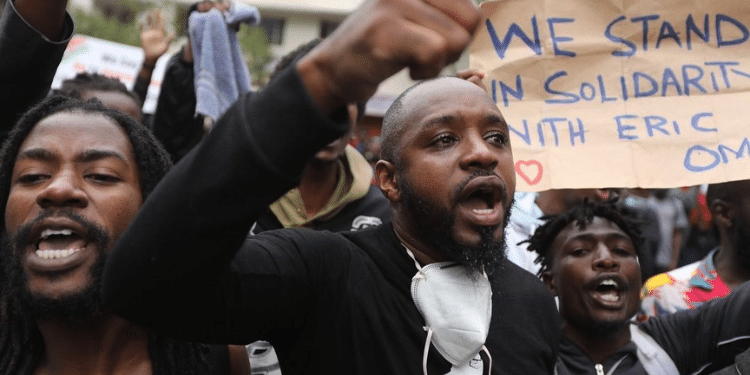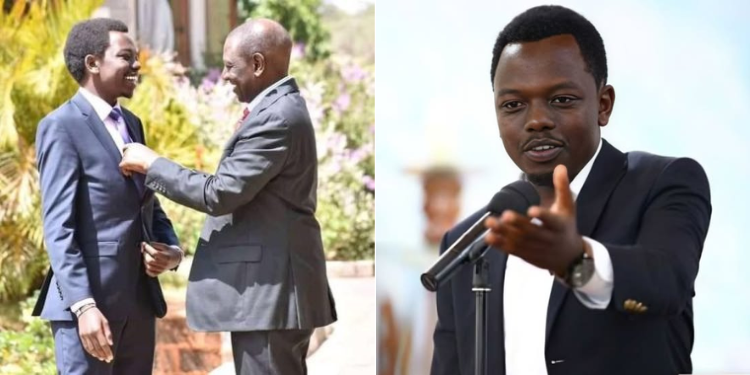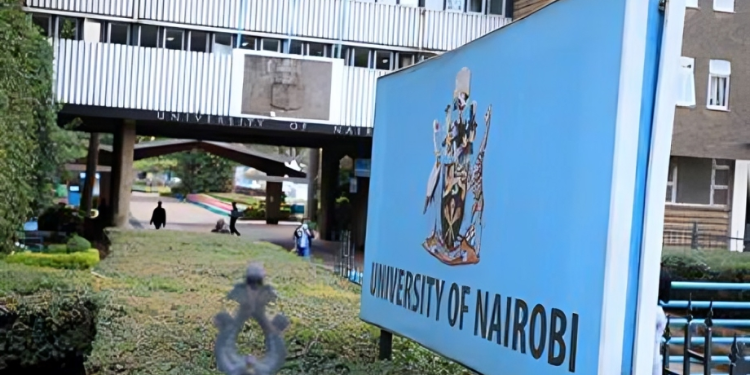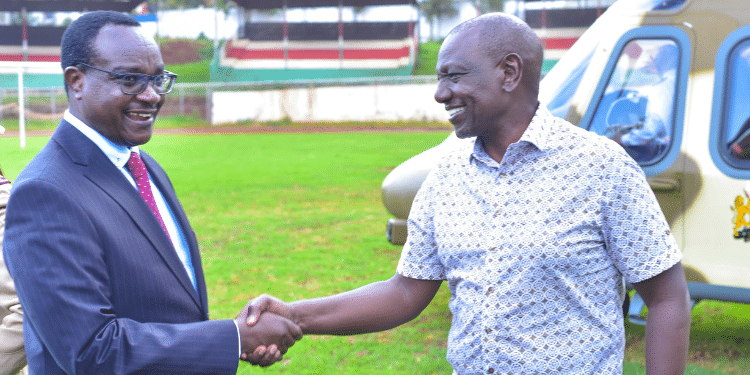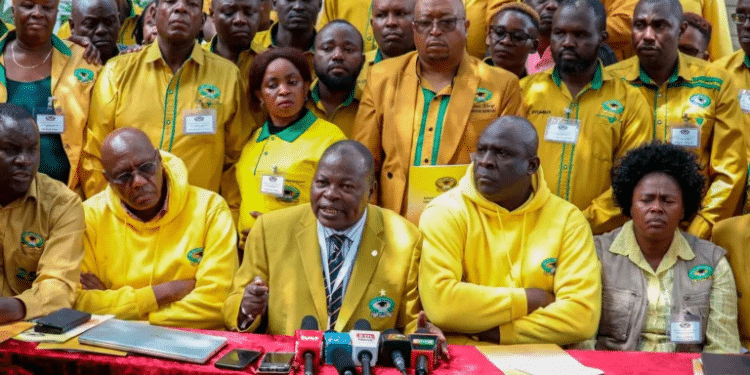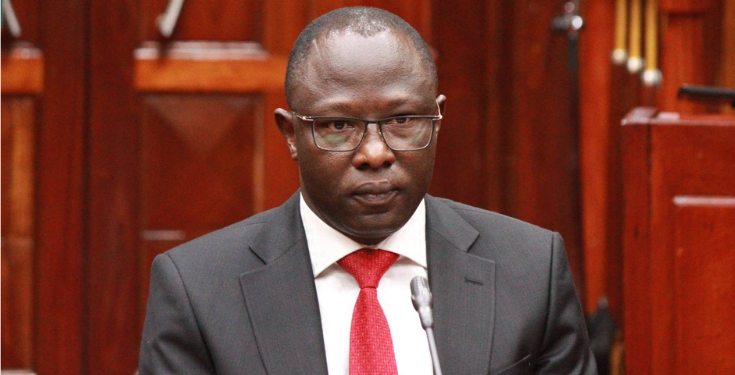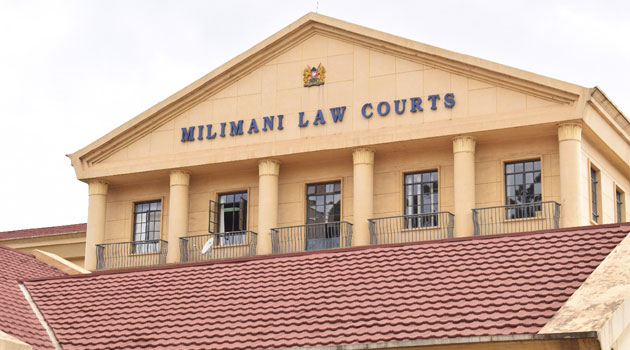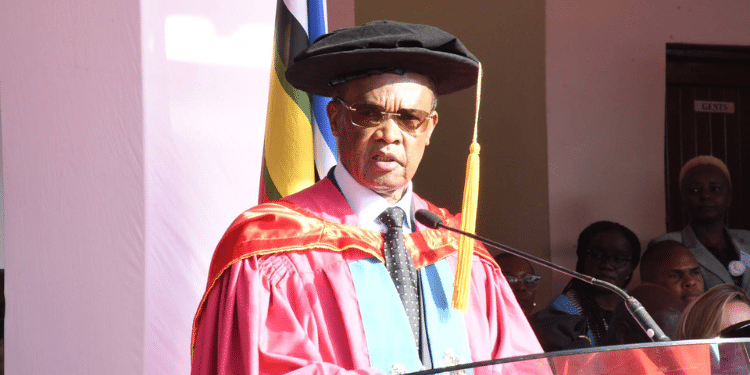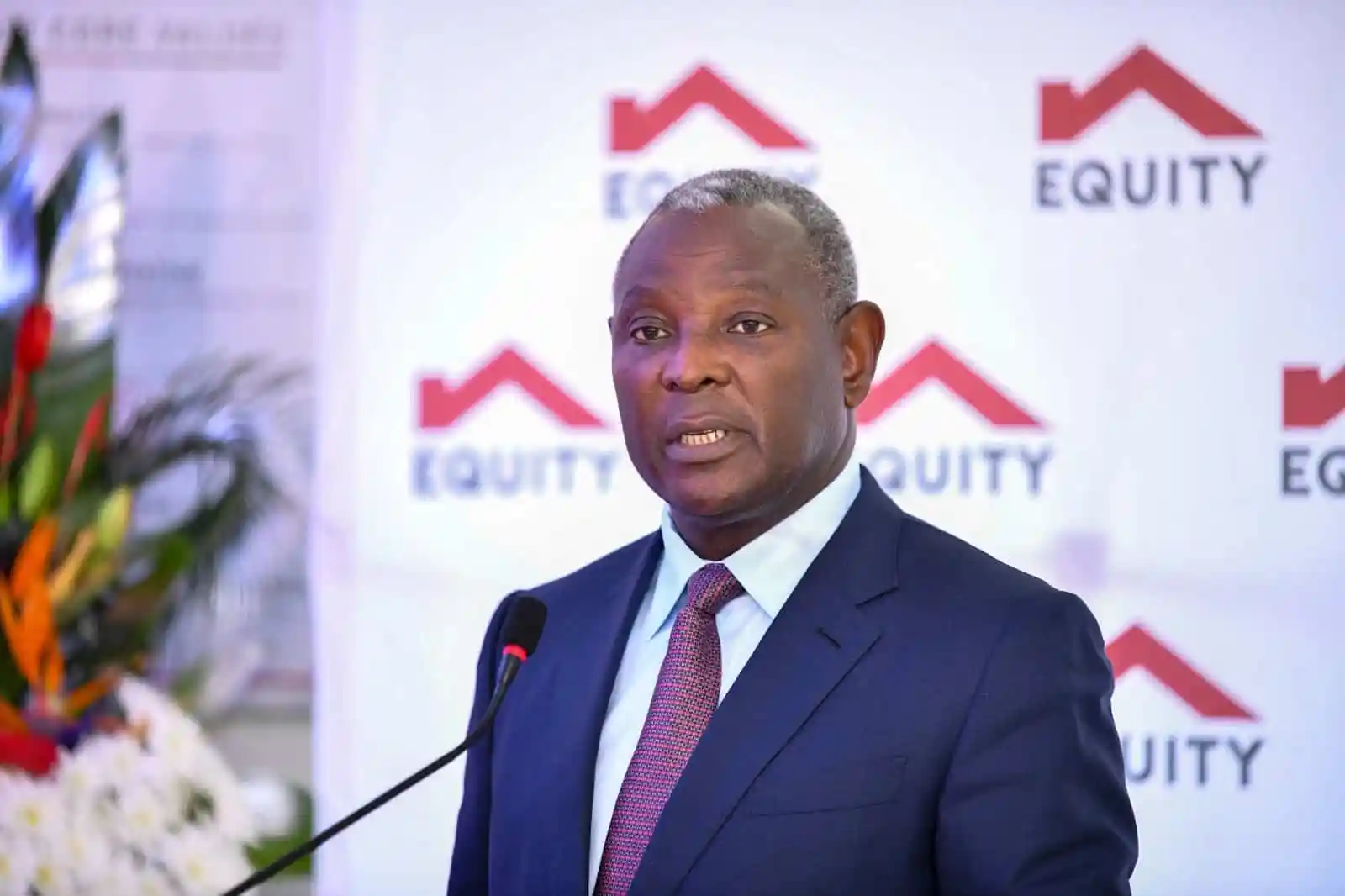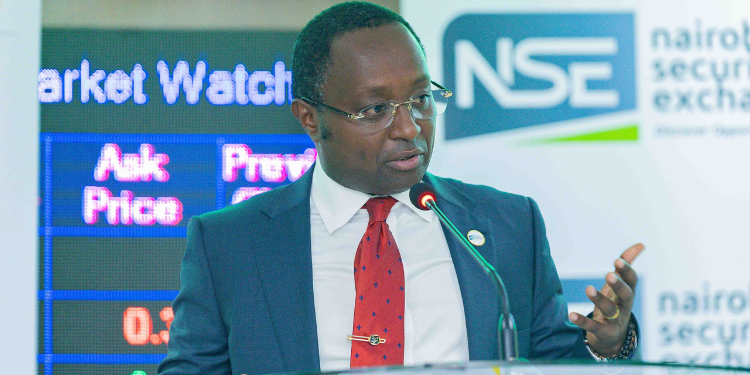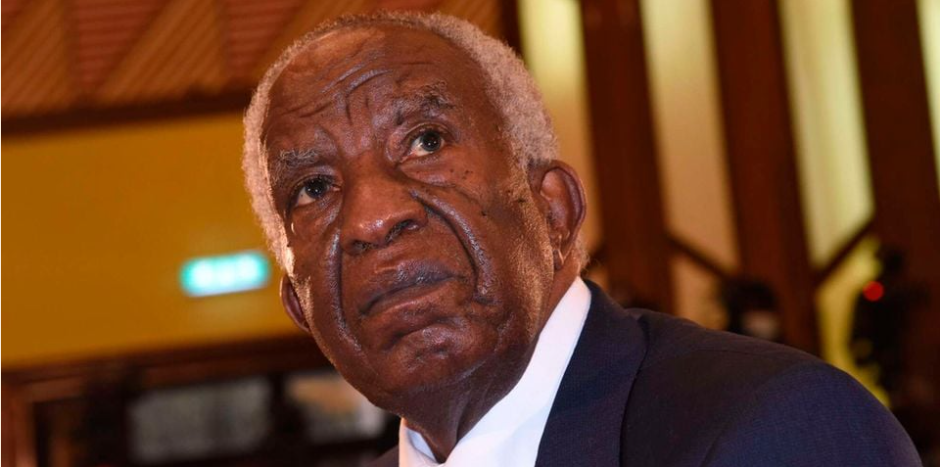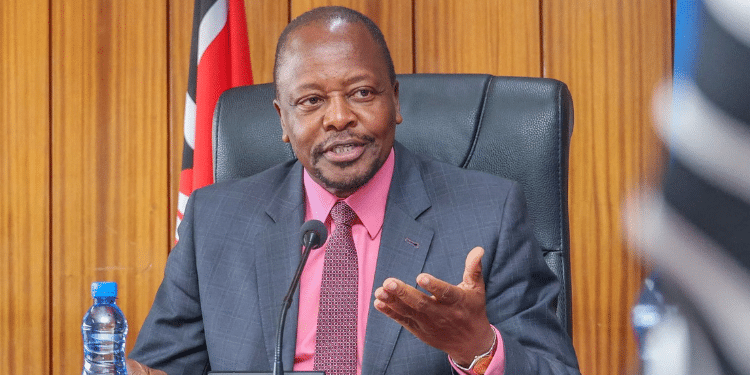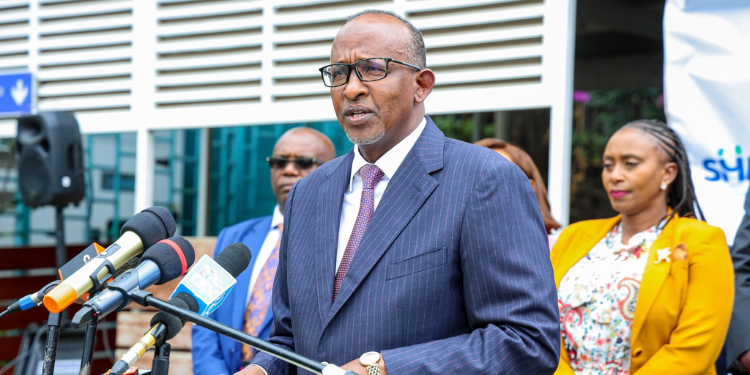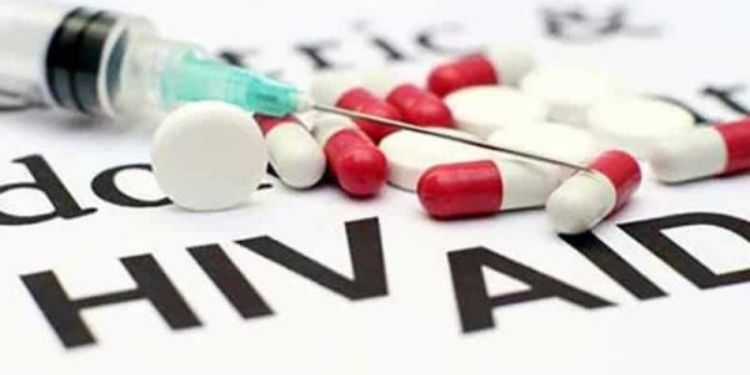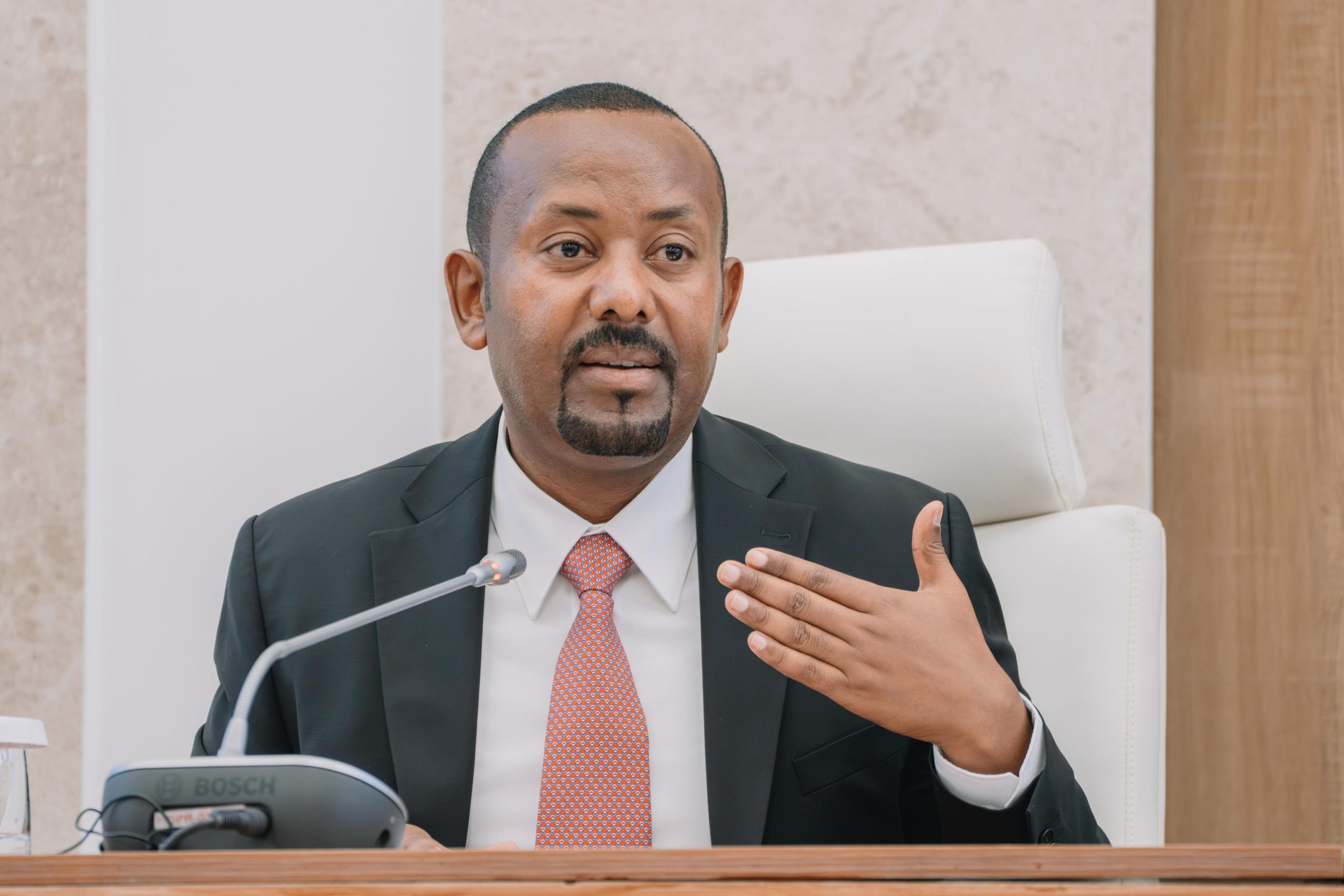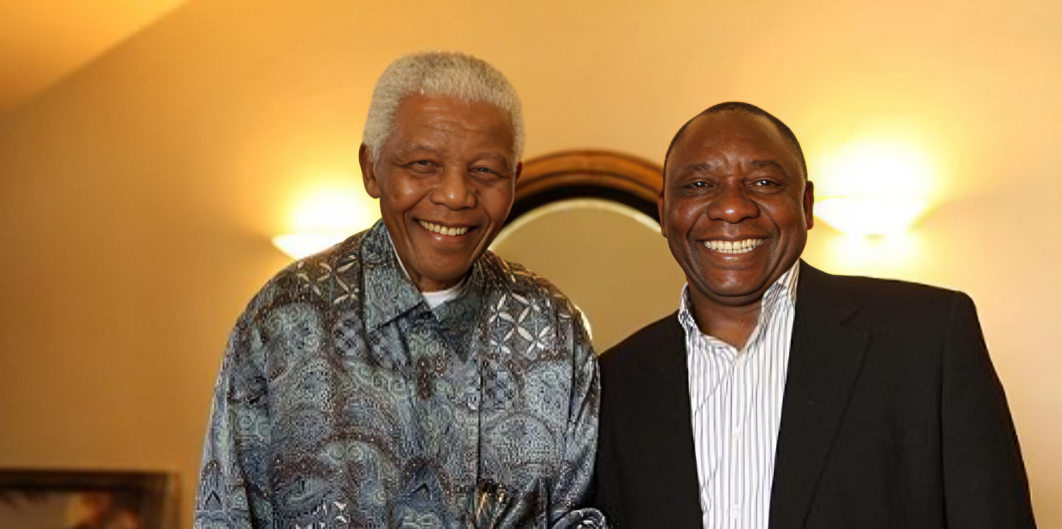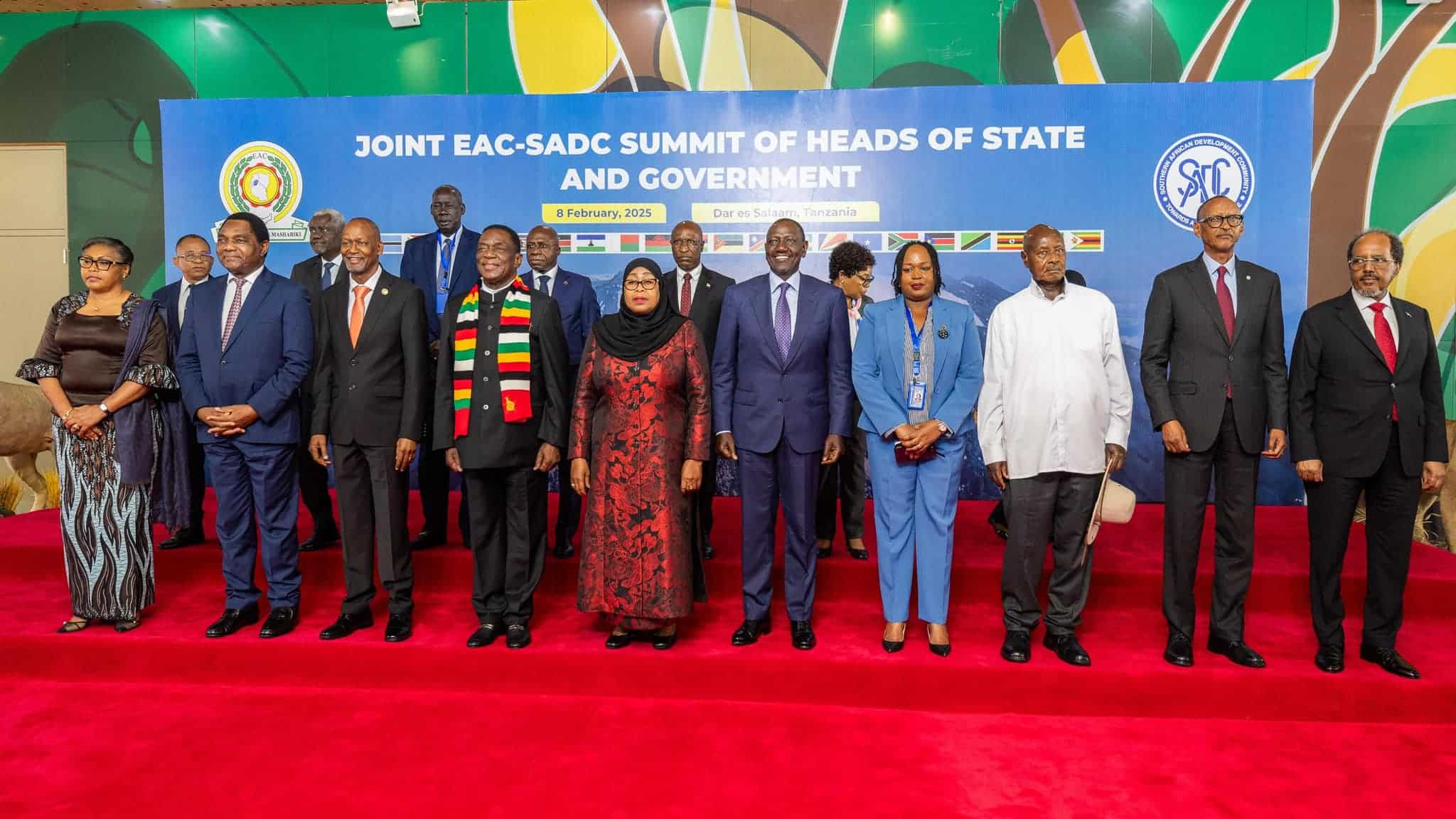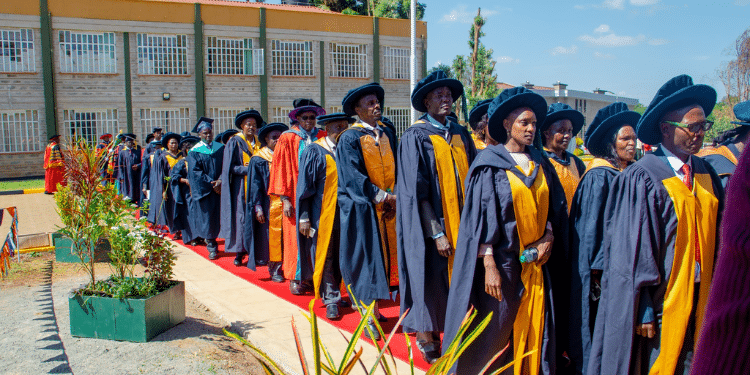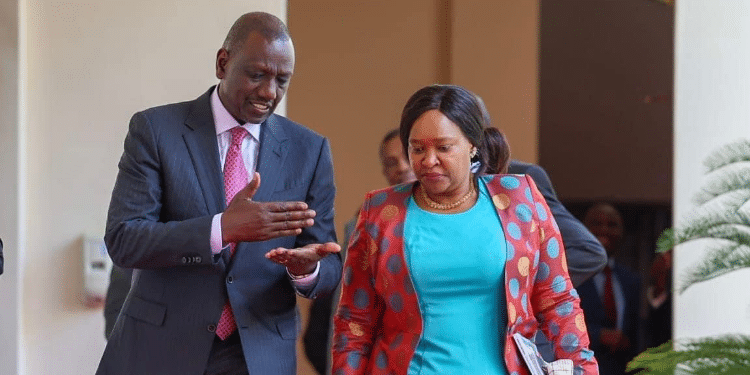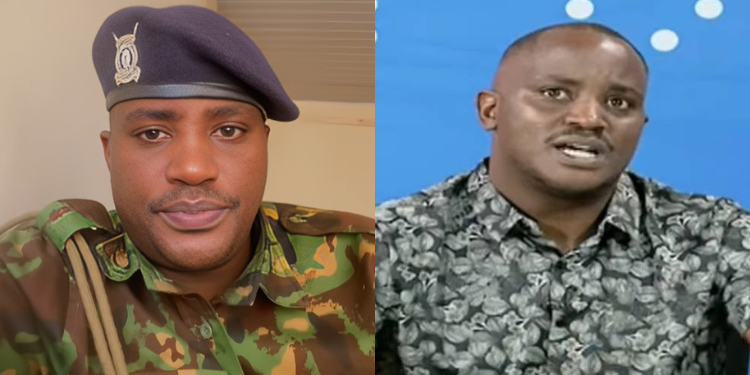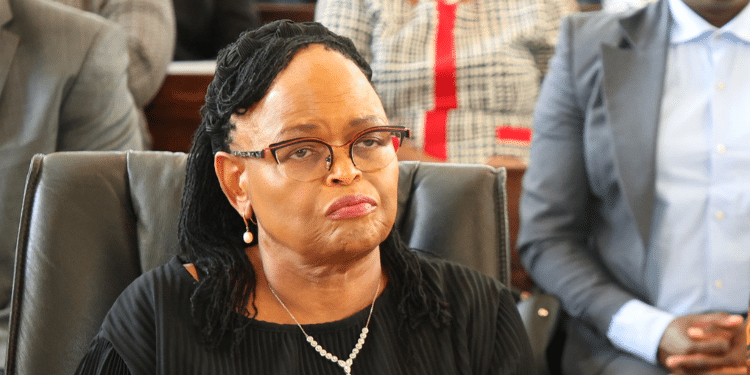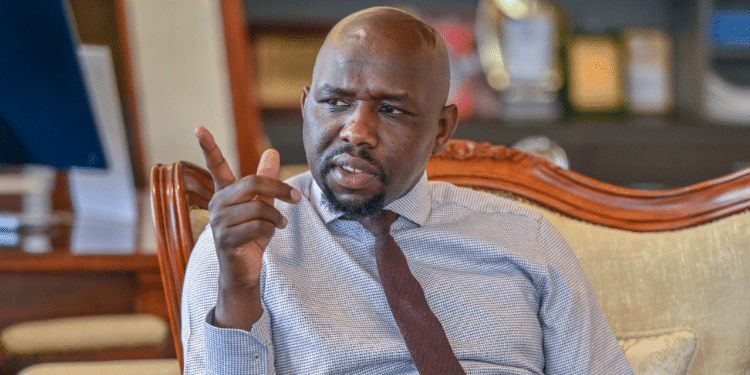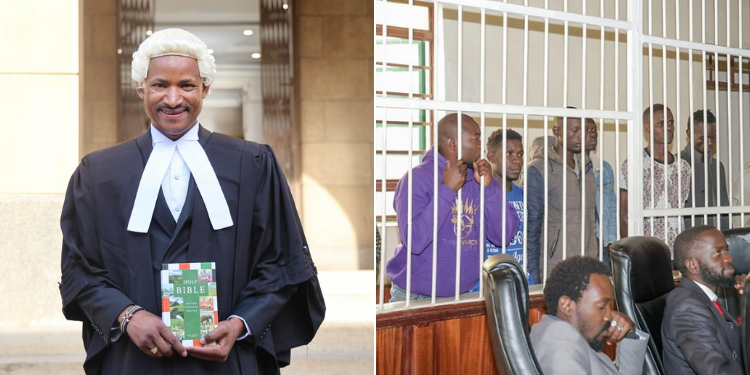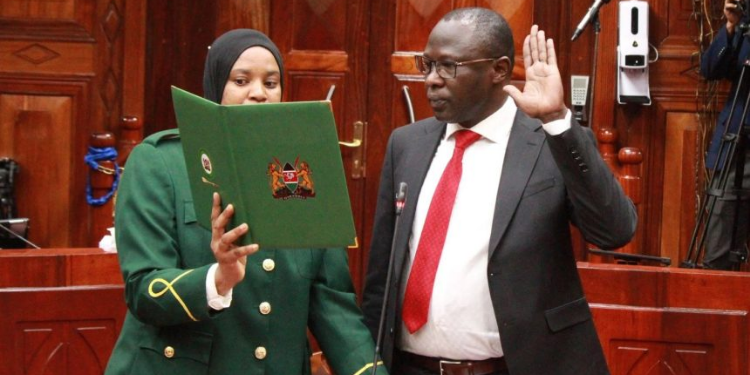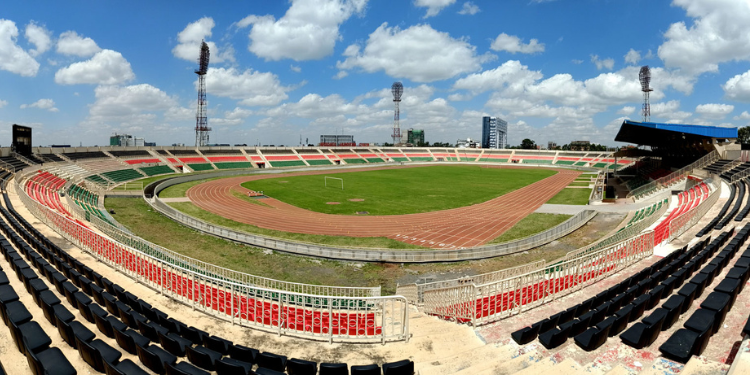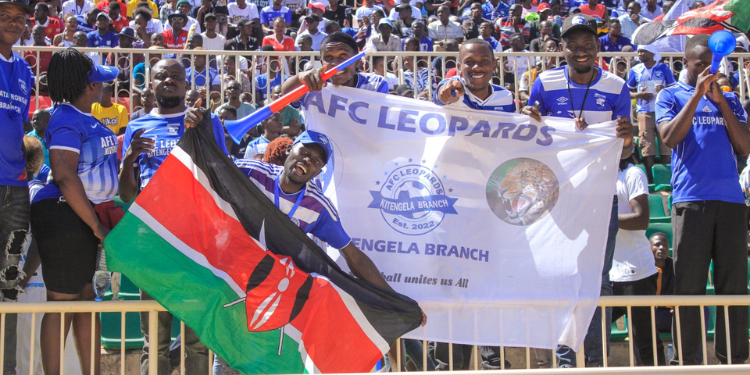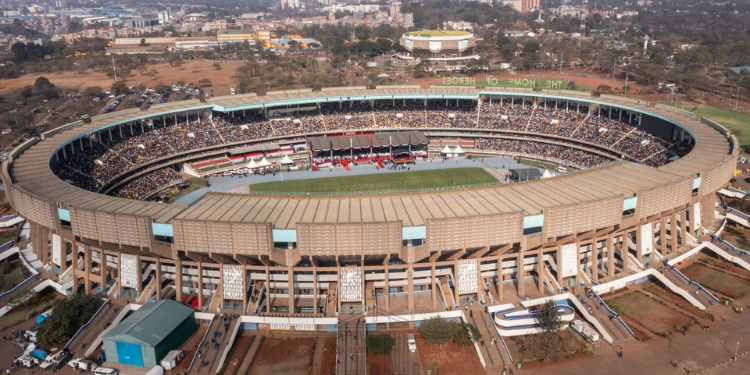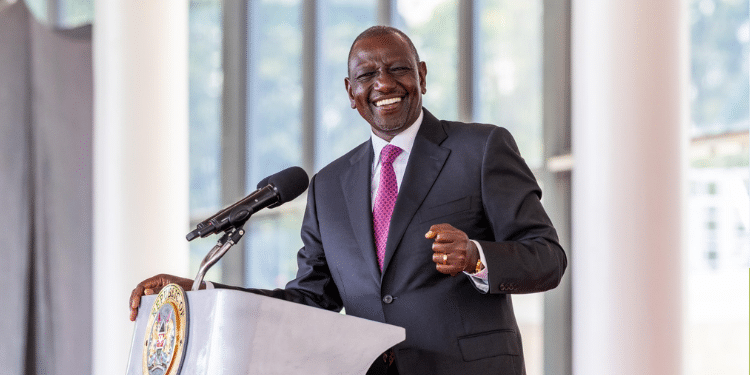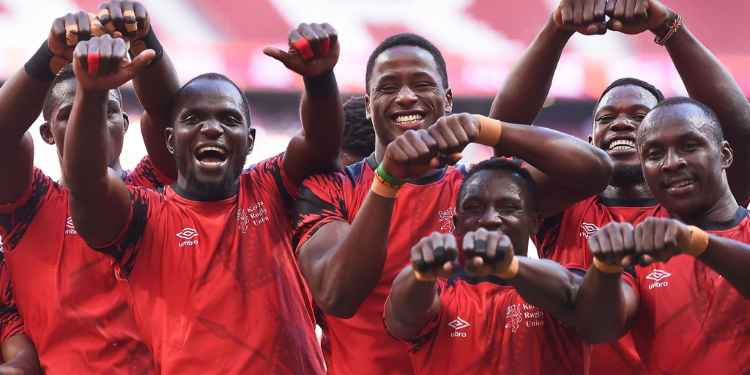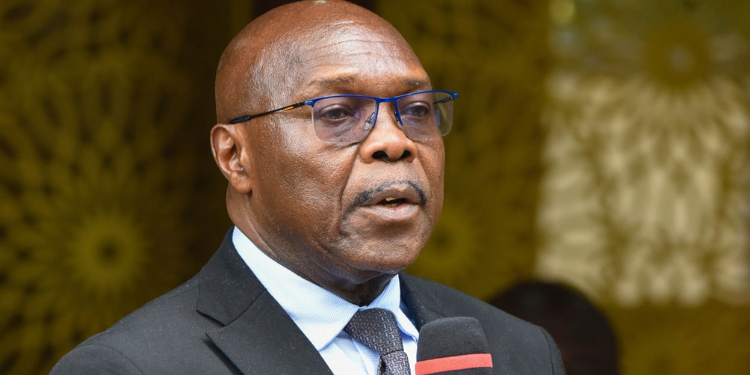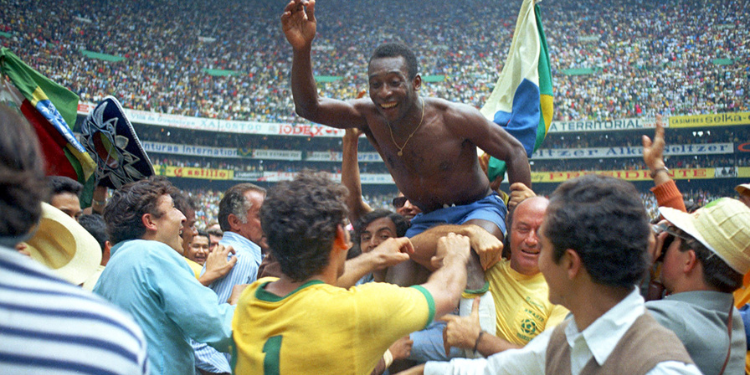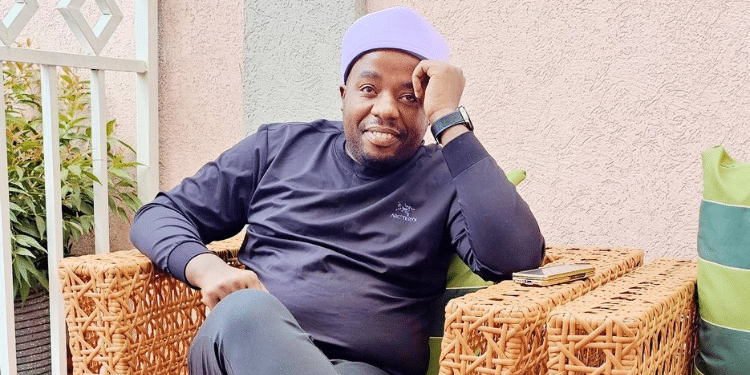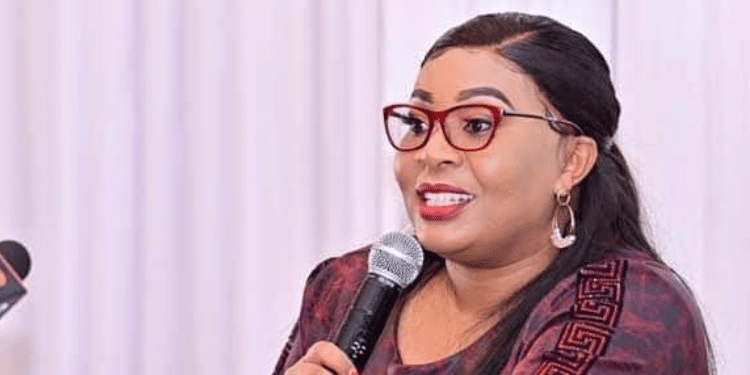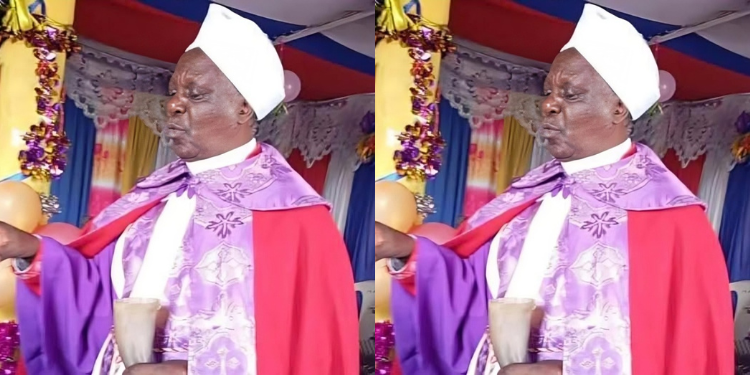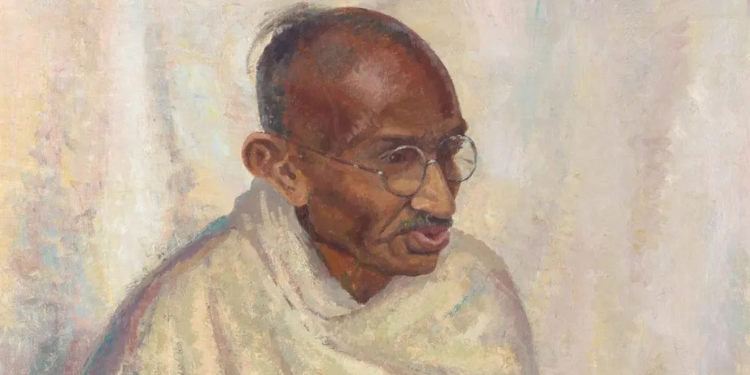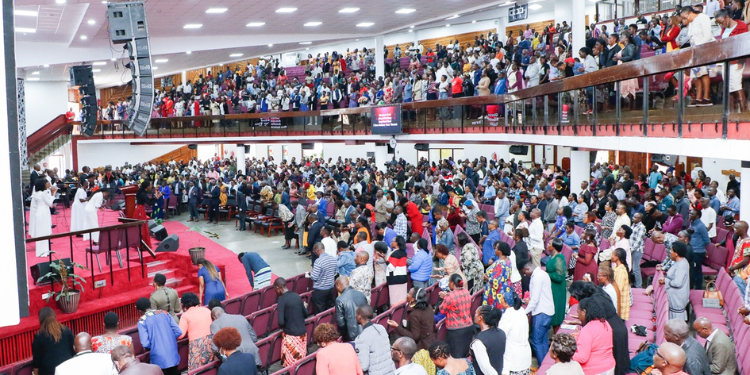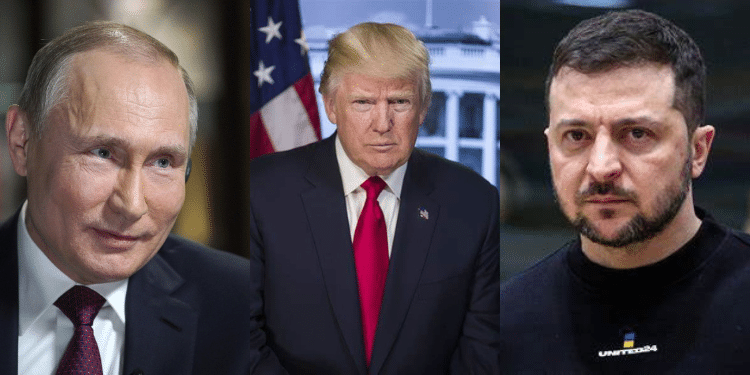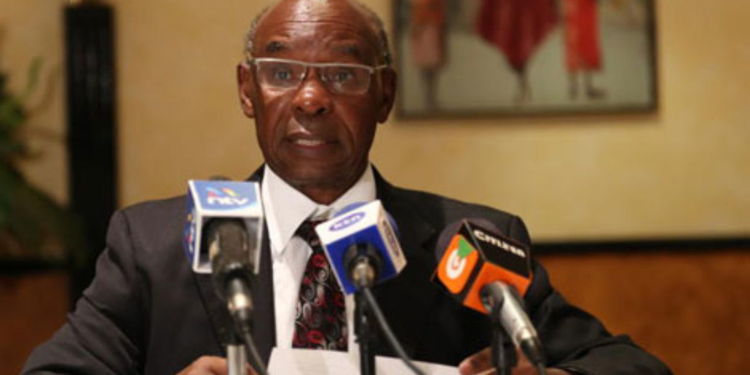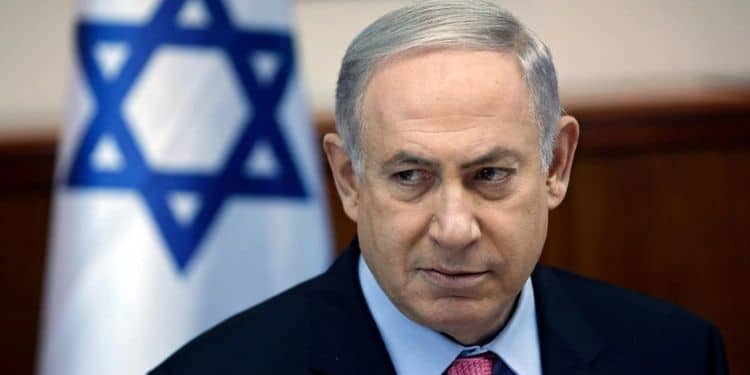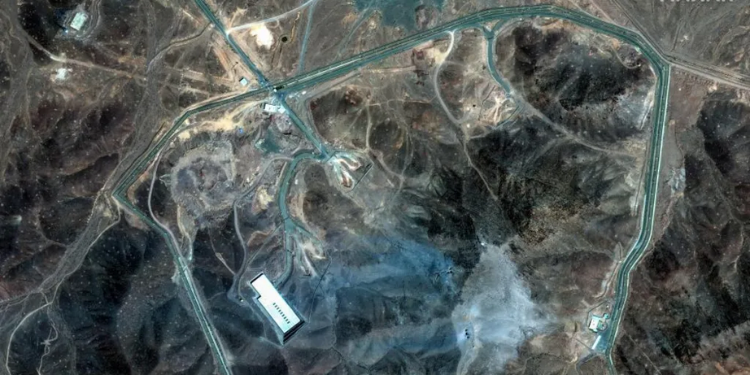Russian President Vladimir Putin has issued 4 demands to President Donald Trump in recent efforts to bring an end to the Russia-Ukraine war.
These demands include written guarantees to stop NATO’s eastward expansion, Ukraine’s permanent neutrality, partial sanctions relief, return of frozen Russian assets, and protections for Russian-speaking Ukrainians.
Putin’s Demands
NATO Enlargement
Putin wants written guarantees from the US and EU to halt NATO’s eastward expansion, addressing Russia’s long-standing security concerns.
The purpose is to explicitly rule out membership for Ukraine, Georgia, Moldova, and other former Soviet republics.
Putin references a 1990 verbal promise by U.S. Secretary of State James Baker to Soviet leader Mikhail Gorbachev that NATO would not expand “one inch eastward” in exchange for Soviet acceptance of a unified Germany within NATO, though never formalised.
The expansion of NATO into former Warsaw Pact countries and former Soviet republics has been perceived by Russia as a direct threat to its sphere of influence and national security, with Putin frequently citing this as a “root cause” of the Ukraine conflict.
NATO maintains its “open door” policy, as reiterated in its strategic documents. The alliance argues that supporting Ukraine does not pose a threat to Russia and that expansion decisions are sovereign choices of applicant countries.
U.S. President Donald Trump has expressed frustration with Putin, warning that Russia is “playing with fire” by refusing ceasefire talks.
Ukraine’s Neutrality
This demand aims to prevent Ukraine from joining NATO or other military alliances, aligning with Russia’s broader goal of maintaining a geopolitical buffer zone.
Also Read: US and Russia Face Off in Public as the Ukraine War Escalates
After gaining independence in 1991 following the Soviet Union’s dissolution, Ukraine adopted a policy of non-alignment to balance relations between Russia and the West.
Despite its neutral stance, Ukraine began engaging with NATO through the Partnership for Peace program in 1994, marking the start of a gradual shift toward Western alignment.
Ukraine has consistently rejected permanent neutrality as a condition for peace, viewing it as a surrender of sovereignty.
Kyiv insists on NATO membership as a critical security guarantee against future Russian aggression.
Permanent neutrality would ensure Ukraine remains outside NATO, preserving Russia’s strategic buffer against Western military presence.
Partial Sanctions relief and Frozen Assets
President Vladimir Putin also demands the return of frozen Russian assets.
This demand ties into broader discussions about economic leverage, reparations, and the legal and political complexities surrounding these assets.
Following Russia’s invasion of Ukraine on February 24, 2022, Western countries, led by the G7 (United States, Canada, Japan, Germany, France, Italy, and the UK) and the EU, froze approximately $300 billion in Russian sovereign assets.
These assets primarily consist of foreign exchange reserves held by the Russian Central Bank to pressure Russia economically and limit its ability to finance the war.
The frozen assets include cash, bonds, and securities held in Western financial institutions, with a significant portion—around $200 billion—located in the EU.
The freezing of assets was enacted under international sanctions regimes, which require periodic renewal. In the EU, sanctions must be unanimously approved every six months by all member states, a process complicated by Russian-sympathetic governments like Hungary and Slovakia.
Kyiv has consistently called for the full transfer of frozen assets to Ukraine to fund the war effort and compensate for damages. Ukrainian officials estimate war damages at over $750 billion (as of 2024 figures), far exceeding the value of the frozen assets.
Protection for Russian Speakers
During the Soviet era, Russian was the dominant language of administration, education, and media across the USSR, including Ukraine.
After Ukraine gained independence in 1991, Ukrainian was declared the state language under the 1989 Law of Languages, but Russian remained widely spoken.
Also Read: Donald Trump Defends Ban on Foreign Students at Harvard
Since 2014, Putin has claimed that Russian speakers in Ukraine face persecution, framing this as a justification for military intervention.
Many Russian speakers identify strongly as Ukrainian, particularly after 2014, with 70% or more in eastern regions like Donbas identifying as Ukrainian in 2013 surveys.
Ukraine views this demand as an infringement on its sovereignty, as it implies Russia has the right to dictate internal policies.
Kyiv argues that Russian speakers are not persecuted, and existing laws allow for bilingualism in practice, as evidenced by Zelenskyy’s own use of Russian.
Follow our WhatsApp Channel and X Account for real-time news updates.


